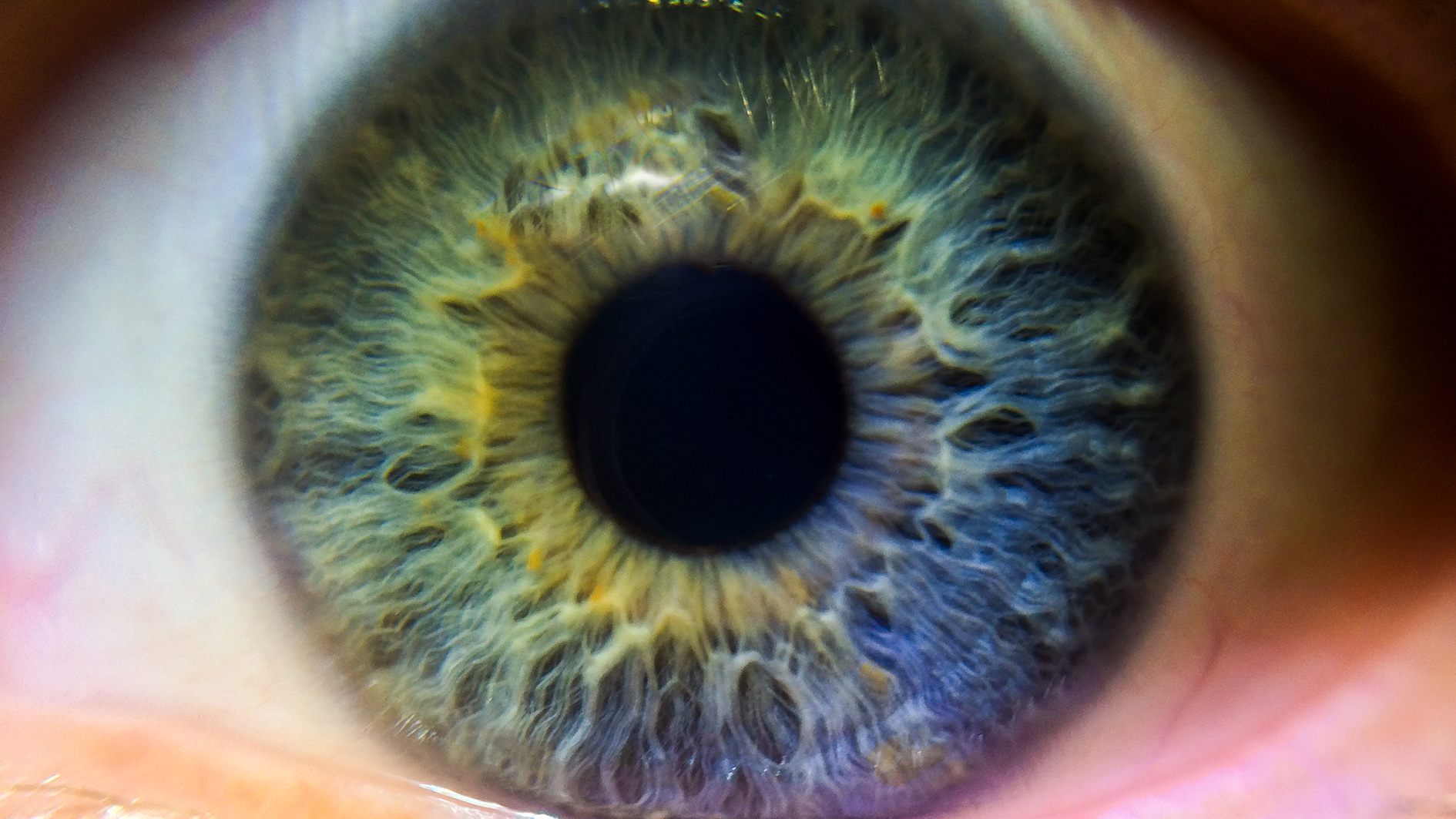Novartis' new eye drug undercuts Bayer's rival with fewer injections

The FDA has approved Novartis’s new eye drug brolucizumab for wet age-related macular degeneration, which will match Bayer’s rival Eylea on price per dose but reduce costs with a less frequent dosing regimen.
Novartis’ Beovu (brolucizumab) has matched the performance of Eylea in trials, but in some circumstances can be injected into the eye every 12 weeks.
Eylea also has a 12-week dosing schedule available but Novartis is arguing that trial evidence shows the efficacy of Beovu is maintained at the longer dosage intervals.
With a list price of $1,850 per dose, the same as Eylea, this means that US doctors may decide to prescribe Beovu as it works out cheaper, and patients are likely to prefer the less frequent dosing regimen.
Even though both drugs are not cheap, the cost savings from the less frequent dosing regimen are substantial – with the new Novartis drug annual costs for both eyes are likely to be around $16,000 after the loading phase, compared with around $24,000 to treat both eyes with Eylea.
A spokesperson said: “Less frequent injections are needed versus current products so annual and lifetime cost should be lower. At the same time, since eligible patients could be maintained on a three-month dosing interval, physicians could potentially see more patients, and we may see better drop-offs, since patients may not need to visit the physician’s office as frequently.”
Treatment with Lucentis, marketed by Roche/Genentech in the US, is even more expensive, equating to around $40,000 per year for both eyes according to publicly available list prices.
Novartis also cited clinical data showing greater reductions in central subfield thickness, a key indicator of fluid in the retina at one year, compared with Lucentis.
The Swiss pharma added that frequent injection intervals are a common reason why patients drop off treatment for wet AMD, one of the most common causes of blindness, affecting around 20 million people worldwide.
Approval was based on the phase 3 HAWK and HARRIER clinical trials, which showed Beovu was non-inferior versus Eylea in mean change in best-corrected visual acuity after 48 weeks.
Wet AMD is a chronic, degenerative eye disease caused by too much of the protein vascular endothelial growth factor (VEGF), which promotes the growth of abnormal blood vessels underneath the macula, the area of the retina responsible for sharp, central vision.
Fluid that leaks out of these abnormal blood vessels disrupts the normal retinal structure and ultimately damages the macula.
By inhibiting VEGF, Beovu suppresses growth of abnormal blood vessels and the potential for fluid leakage into the retina.












